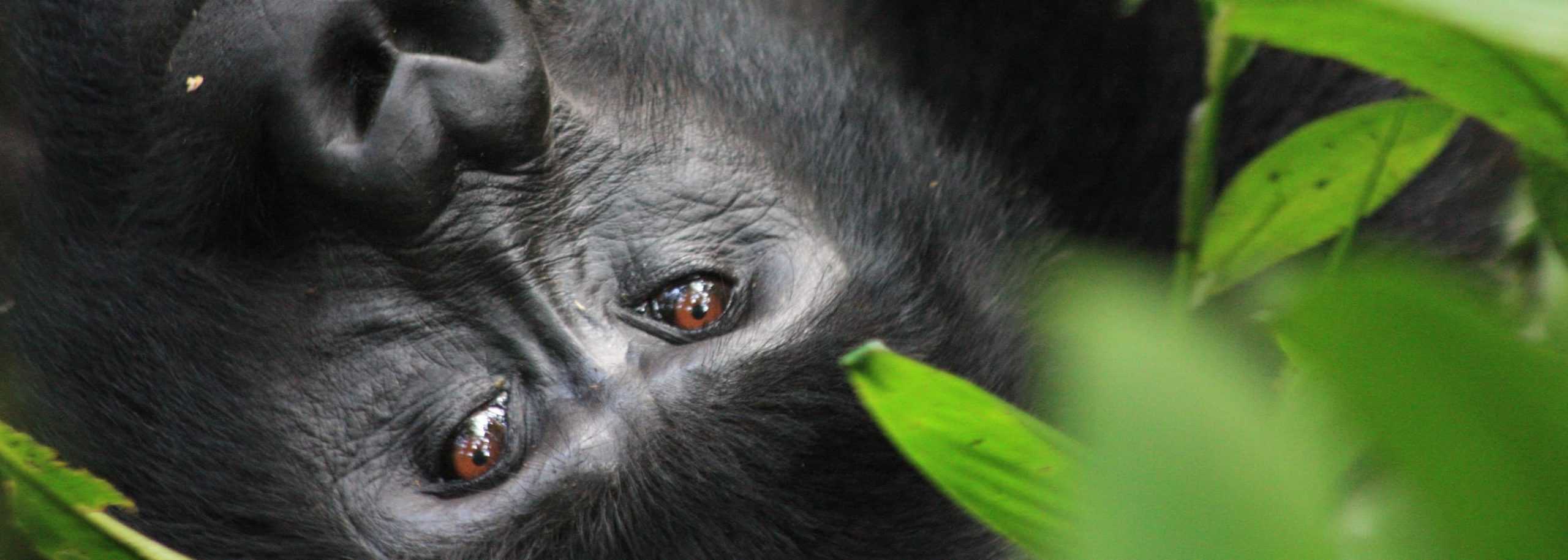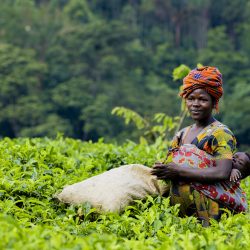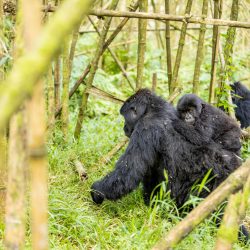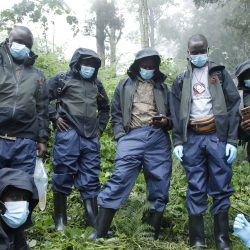Rwanda Deploys a Multi-Faceted Approach Against Climate Change
Blog | 22/06/23
Six community-based conservation organizations/cooperatives around Volcanoes National Park in Rwanda have deployed a variety of projects to address climate change in the districts of Nyabihu, Musanze and Rubavu. Green house agriculture by Imbereheza and KAIKI – this has enabled the members to utilize small space to get better harvest while controlling climate change effects like heavy rains and sunshine that usually affects crops. In the month of May alone, the group harvested 320 kgs of tomatoes worth Rwf 480,000 ($ 552). The harvest is going on for the next 3 months.
KOSUBU and KOPAVU cooperatives on the other hand have planted over 125,000 alnus trees and setaria grass in community gardens totaling 18 hectares. The agroforestry project has controlled soil erosion and improved soil fertility and crop yields. The setaria grass on the other hand plays a double role – it controls soil erosion and serves as food for the animals. Related to this, KOPAVU cooperative has also planted 30,000 bamboo trees around the protected area and in community gardens to control soil erosion still and provide raw materials of other works.
Lastly, is the organic manure project by KOSUGIRA cooperative. This aims at conserving the soil through the use of more organic fertilizers instead of chemical fertilizers. “These environmental projects will not only improve our livelihoods but also help us conserve the environment better. We have so far produced 6500 tons of organic fertilizers. A kilogram of our fertilizer costs Rwf 800 ($0.69) as opposed to the chemical fertilizers that cost Rwf 1400 ($1.22) per Kg. This has helped us save money and preserve the land,” says Emmanuel Harerimana, Chairman of KOSUGIRA, the cooperative producing organic manure.
According to Benjamin Mugabukomeye, IGCP Rwanda Country Coordinator, these projects have a unique aspect of environmental conservation – they address climate change effects, Human Wildlife Conflict while boosting community livelihoods.




